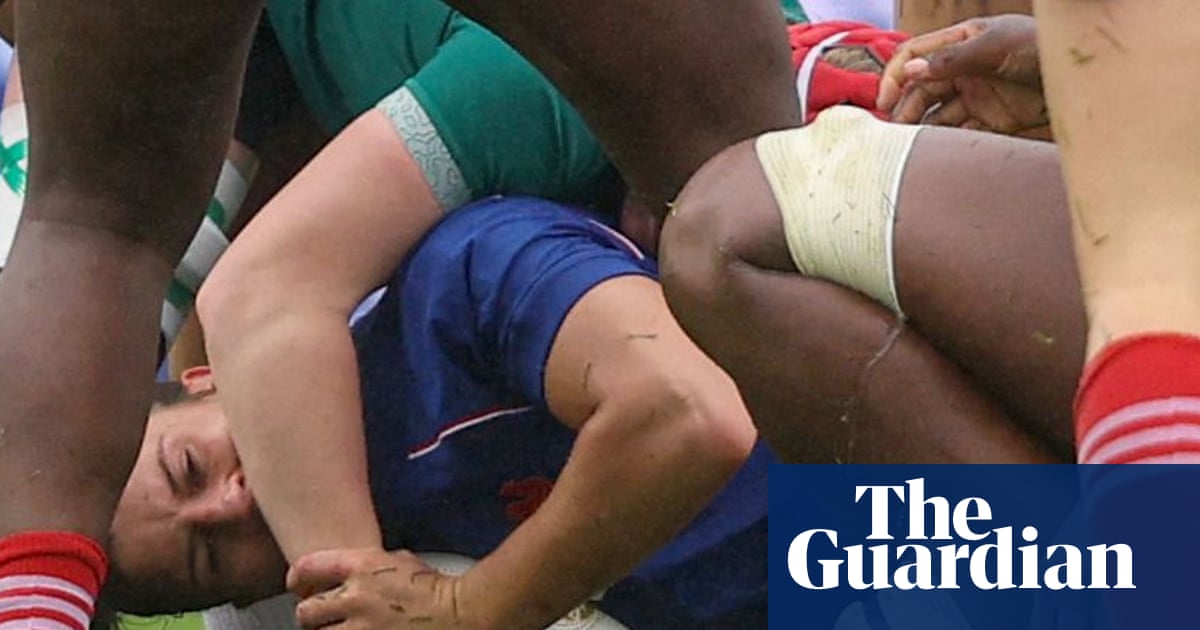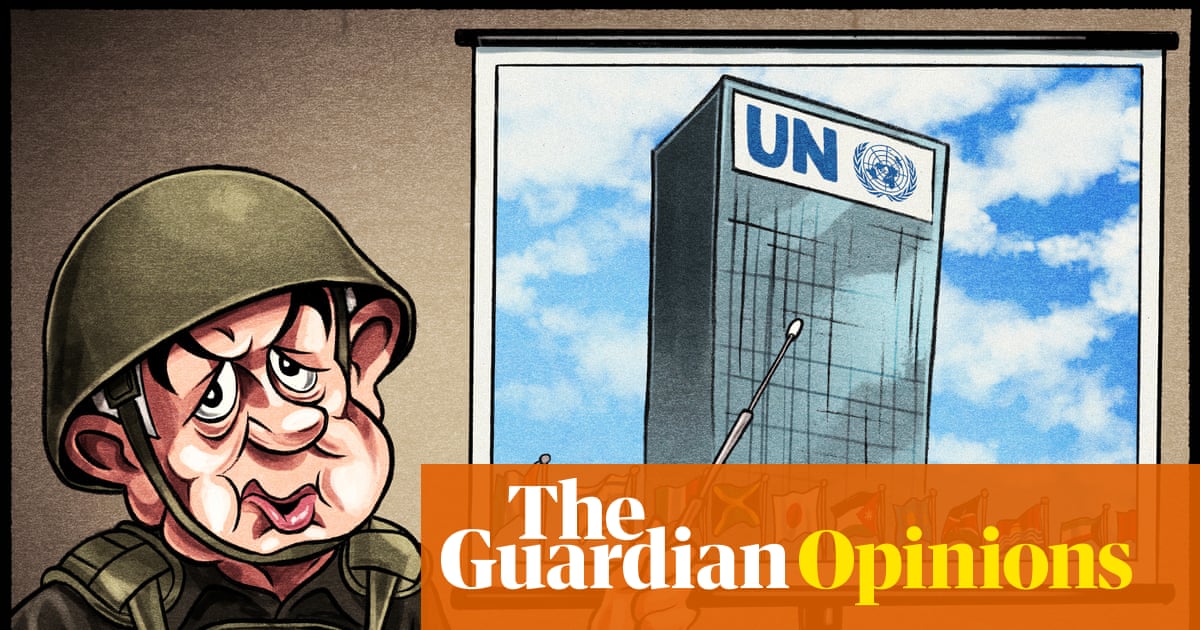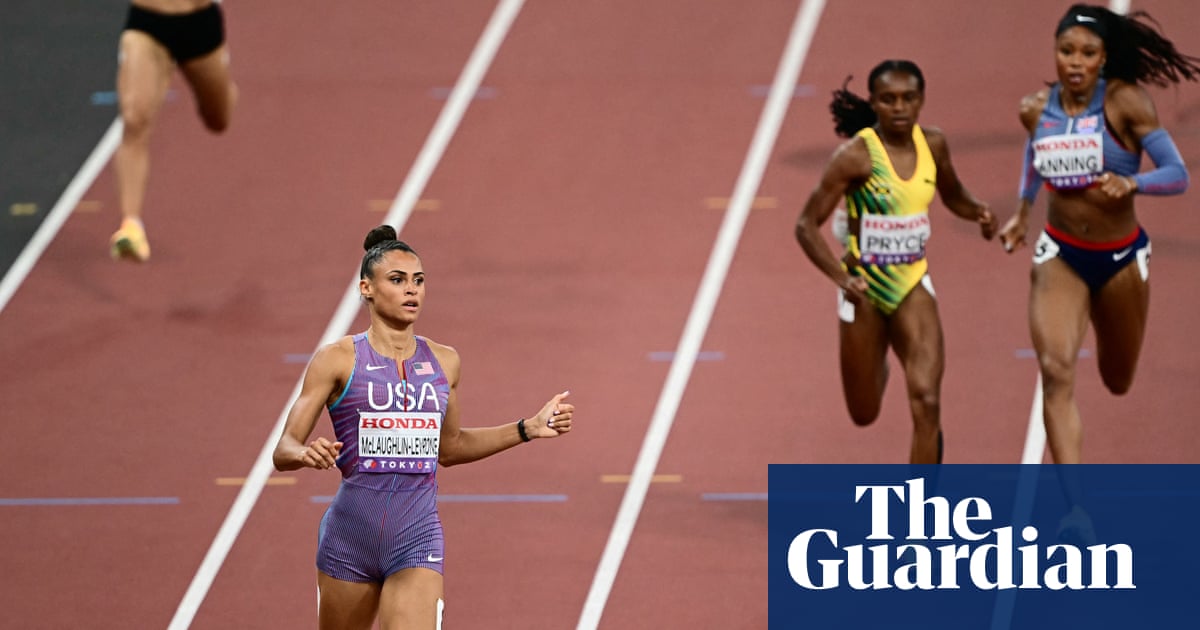The title suggests a generic experience of nascent womanhood, but What It Feels Like for a Girl is miles from your typical female bildungsroman. This adaptation of journalist Paris Lees’ excellent memoir about growing up in Hucknall, Nottinghamshire (or ‘Ucknall, as the book, with its mesmeric phonetic dialect, has it) chronicles the coming-of-age of Byron, who is seen by others as a boy. Initially, our protagonist doesn’t really push back on that; despite some early gender dysphoria – angrily dismissed by their macho father – the prospect of one day openly living as a woman is completely outside their frame of reference. On a visit to a nightclub, Byron (Ellis Howard) encounters future friend Lady Die, who makes a joke about someone being a transexual. “What’s a transexual?” asks Byron – smiling, mystified.
This is the early 00s, you see: pre Nadia’s Big Brother win, although a couple of years post Hayley Cropper’s Corrie debut. Still, in terms of the general public’s comprehension of trans issues, it is the dark ages. (Thanks to the current Y2K fashion renaissance, however, the aesthetics are positively aspirational: dumbphones, chokers, FCUK slogan tees, Kappa tracksuits.) Yet Byron’s eventual gender transition isn’t what makes this an extraordinary and at times deeply disturbing account of a partly misspent youth. The reason 15-year-old Byron is at the aforementioned club in the first place is because they are searching for their erstwhile boyfriend Max (Sweetpea’s Calam Lynch). But Max isn’t just Byron’s first love – he’s also their pimp. A chance encounter in a public toilet introduced Byron to cottaging; they then begin performing sex acts on strangers for money. Byron’s success in the field – and enthusiasm for the job – means they are soon headhunted by Max to meet the demands of wealthier clients.
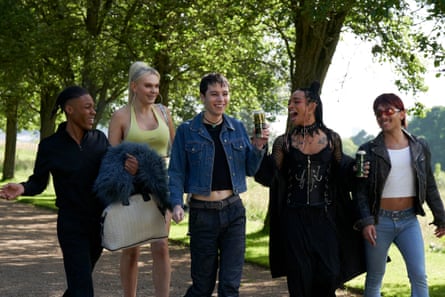
Yet when Max is warned off by the underage Byron’s usually disinterested mother, our hero finds solace in a raucous bunch of like-minded trans and queer pals, who call themselves the Fallen Divas. They live in a nocturnal Nottingham underworld of copious drugs and endless trysts; Byron has a voracious appetite for both. One love interest, the intimidating Liam, is also secretly a sex worker and has a brilliant idea: why don’t the pair rob a particularly pervy patron at gunpoint? Unfortunately for them both, it’s not the perfect crime Liam thinks it is.
What passes as fun for Byron – servicing grotty men in grotty bogs, and risking life and limb in the process – will probably look like a living nightmare to others. But we must consider the context: beforehand, Byron’s life involved being constantly attacked for being a “bender”, both by local meatheads and their seething father (Michael Socha), who seems to view Byron’s effeminate ways as a threat to his own masculinity. Byron’s mum (Laura Haddock) might not be so aggressively disapproving, but she is selfish and neglectful. Until Byron meets the Fallen Divas, their beloved grandmother – or “Mommar” – is their only safe space.
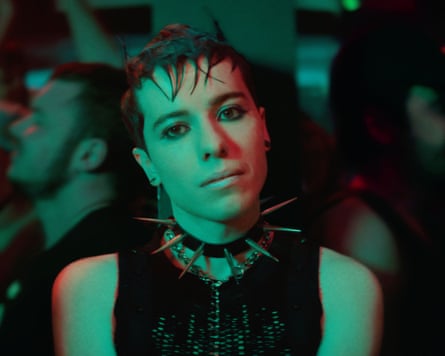
Despite this – and the fact they are repeatedly groomed and exploited by older men – Byron never comes across as a victim. We are not invited to pick holes in the fearlessness they display when propositioning a police officer while sporting a wig and mini dress. Once Byron starts regularly dressing in women’s clothes, sex takes on a new meaning. Risky, borderline violent encounters aren’t self-destructive – they’re self-affirmative, an opportunity to achieve something crucial: “pride that he actually thinks I’m a girl,” as Lady Die puts it.
Byron’s personality also repels any underdog narrative: clever, arrogant and almost absurdly vicious, they are a natural when it comes to drag queen-esque bravado and acerbic wit. But they are also often just plain horrible – delighting in highlighting trans pal Sasha’s “big fucking hands” – and soon friends old and new begin to sever ties. This feels like a satisfying comeuppance. It is tricky to sympathise with a protagonist so bolshie, self-obsessed and eager to bring others down. Yet Byron is easy to admire, and – via a screen, at least – good company; Howard is charismatic and convincing in the role.
The series concludes on a relatively conventional note: a redemptive spell inside, a devastating death and a fresh start. It feels like a spoonful of sugar after a resolutely unsentimental tale of a chaotic, morally ambiguous period of transition. It’s certainly a wild ride – I’ll struggle to look at a toilet brush the same way ever again – but if you stay on board until the end, a memorably complex psychological portrait will be your reward.

.png) 3 months ago
43
3 months ago
43











